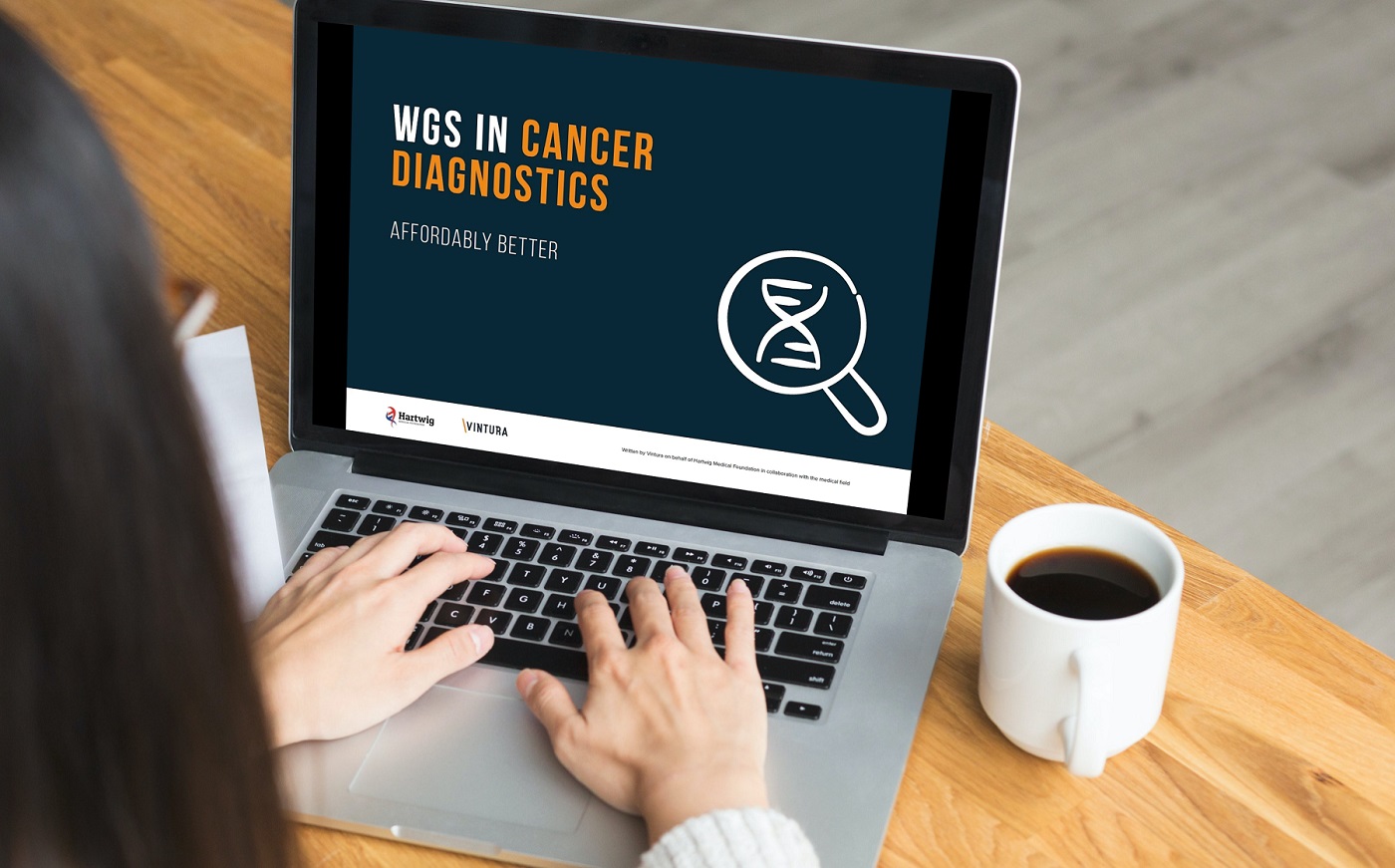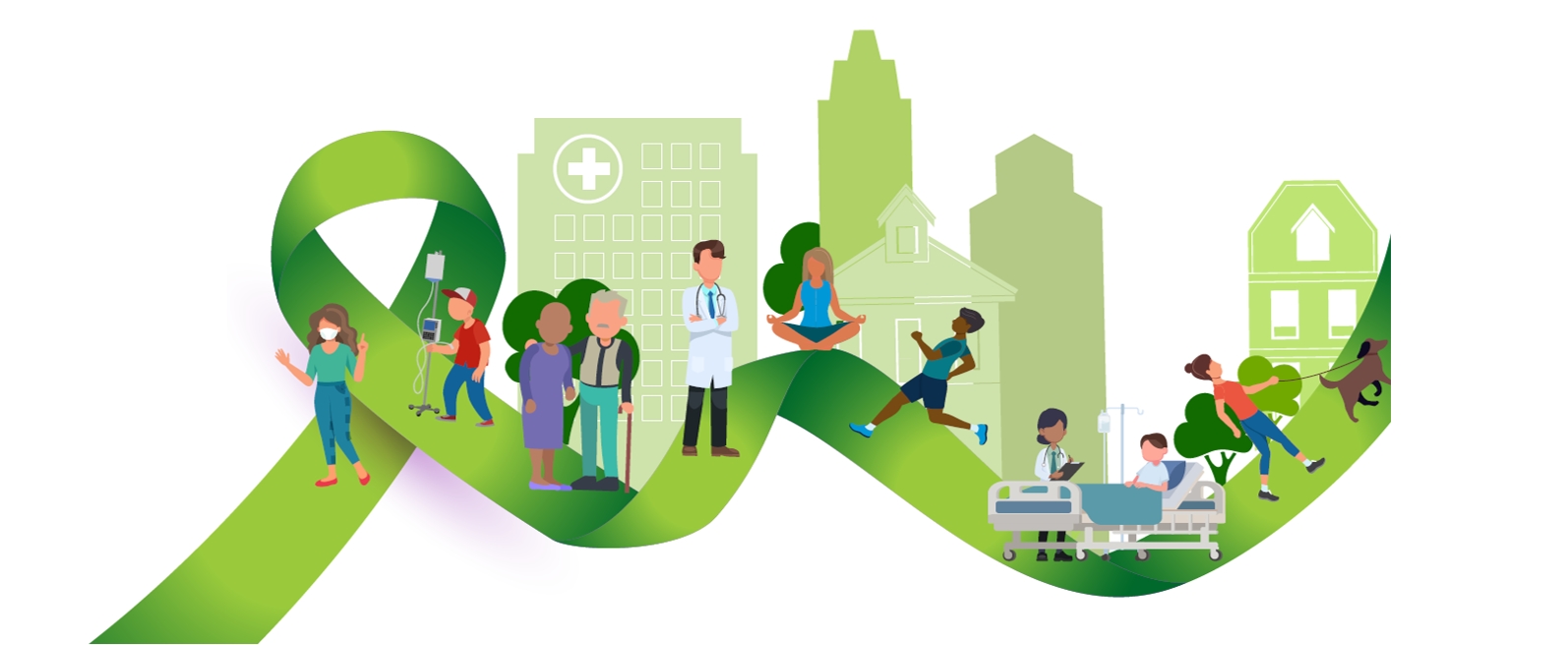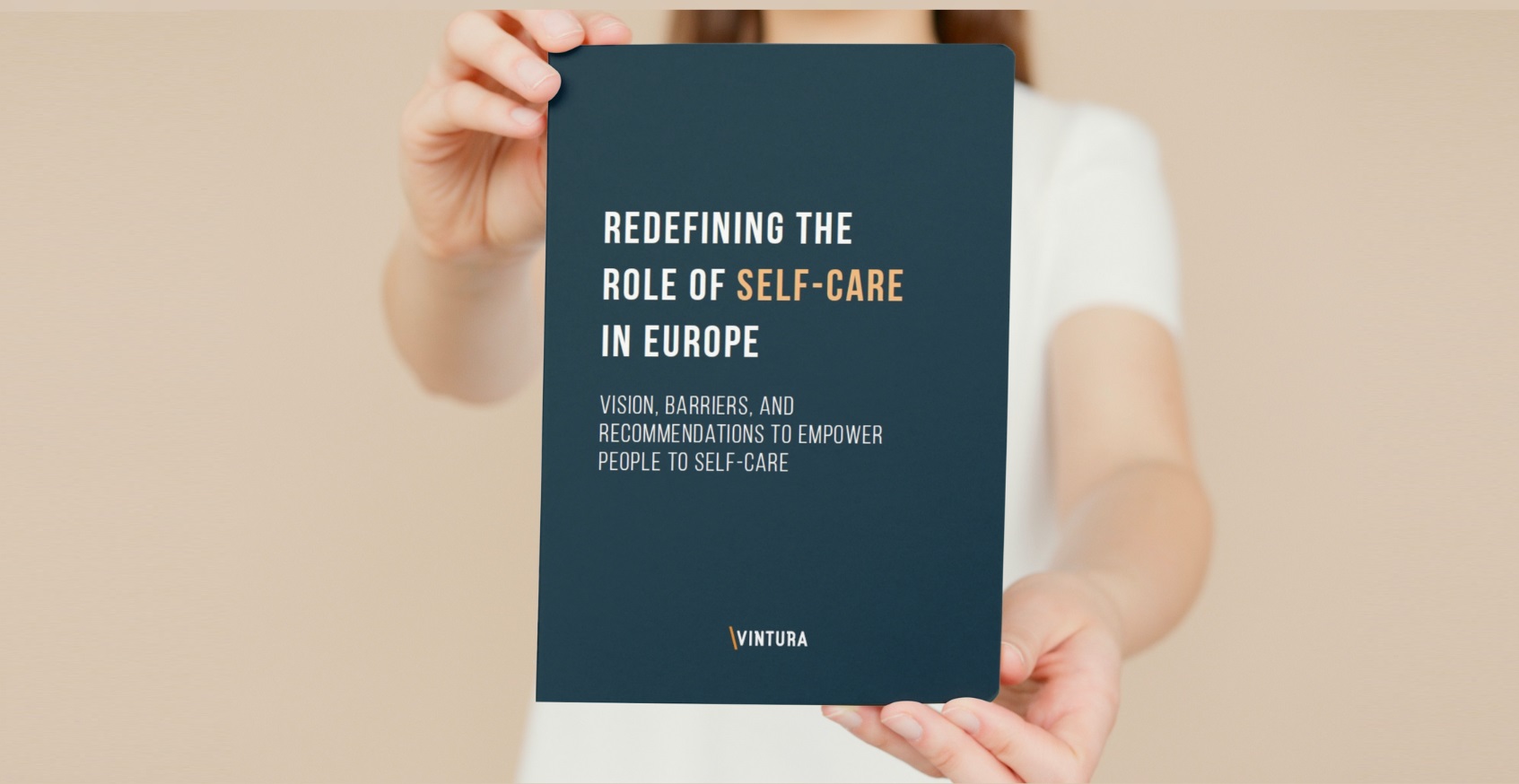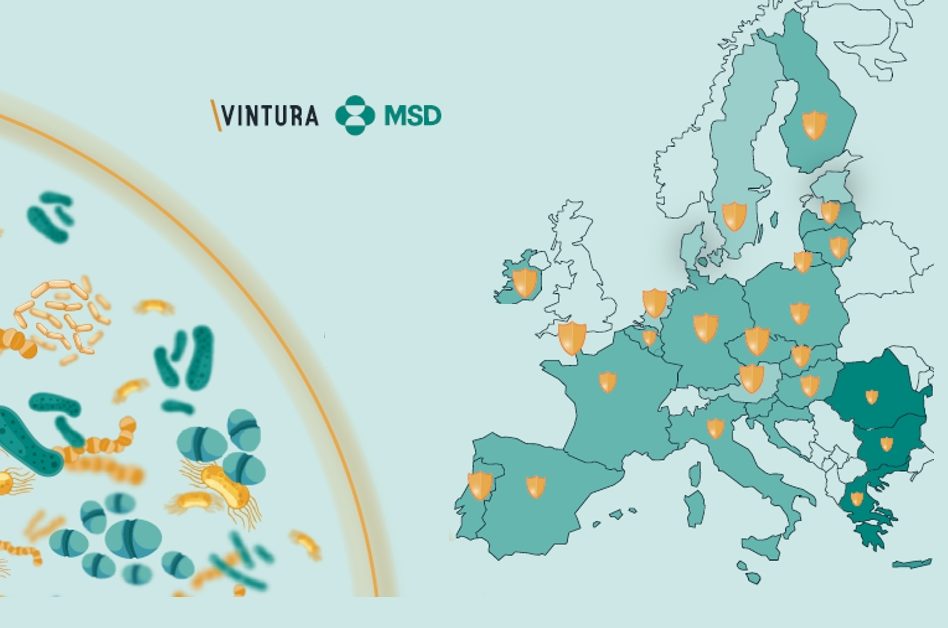During this project, we brought together several parties to brainstorm about this challenge. Oncologists, pathologists, heads of laboratories and clinical molecular biologists from 2 large academic hospitals in the Netherlands participated. In addition to structuring the problem and its context, a crucial point was also getting the right data to be able to perform the analyses. We have demonstrated the value of WGS in Dutch oncology care in 4 different domains. This clear picture of the value of WGS provides a good basis to start the discussion about the possible inclusion of WGS in the care pathway.
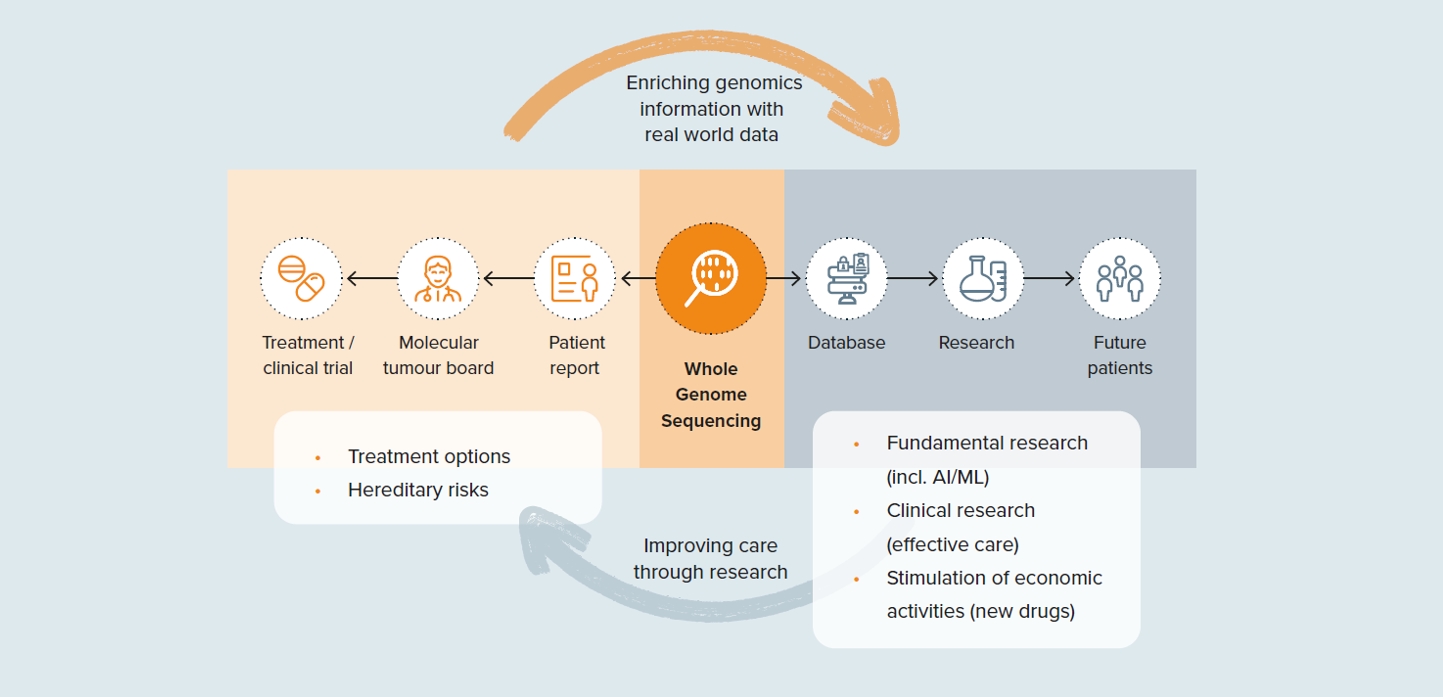
“It was interesting to think about this complex issue together with several parties. By structuring the problem and building up the analyses step by step, we were able to form a clear picture of the value of WGS in oncology care in the Netherlands. It is certainly a project that I am proud of.” — Rianne Ernst
“It always gives me great pleasure to see so many passionate people working in healthcare, trying to make healthcare a little better every day. During this project, too, we were able to speak to many such people. By including this passion in the paper and also substantiating the value of WGS in Dutch oncological care both quantitatively and qualitatively, I think we have written a white paper we can be proud of.” – Wouter van Straaten
Business economic analysis
In this white paper we perform a (business) economic comparison between the use of Whole Genome Sequencing (WGS) and other forms of molecular diagnostics. We are investigating the situation in 2022 and are working with a future scenario up to 2027, in which an increasing number of targets are investigated using broad molecular diagnostics and the costs of WGS are decreased. In addition, it was investigated how the use of WGS can contribute to making necessary choices in healthcare. Several assumptions have been made to calculate the impact on the entire Dutch health care system. The business economic analysis is the basis for this white paper, but at the same time it links up with existing debates and current literature on the positioning and funding of molecular diagnostics and the preconditions for realizing the benefits.
Main conclusions
- It is desirable to use broad molecular diagnostics (including WGS) from 2025 in virtually all patients with metastatic solid tumors
- The use of WGS is cost-effective from 2024 compared to current broad molecular diagnostics
- The use of WGS offers opportunities for substantial additional cost savings in pharmacogenetics and germline diagnostics
- The greatest impact, both for patients and for the healthcare system in oncology, is the effective use of oncological medicines
- WGS can be used as part of a learning care system to structurally improve care
In conclusion, broad use of WGS in oncology diagnostics helps us to make unavoidable choices in healthcare.
Are you interested in talking about this topic? Please contact our colleagues Rianne Ernst or Wouter van Straaten. Or download the white paper here:

